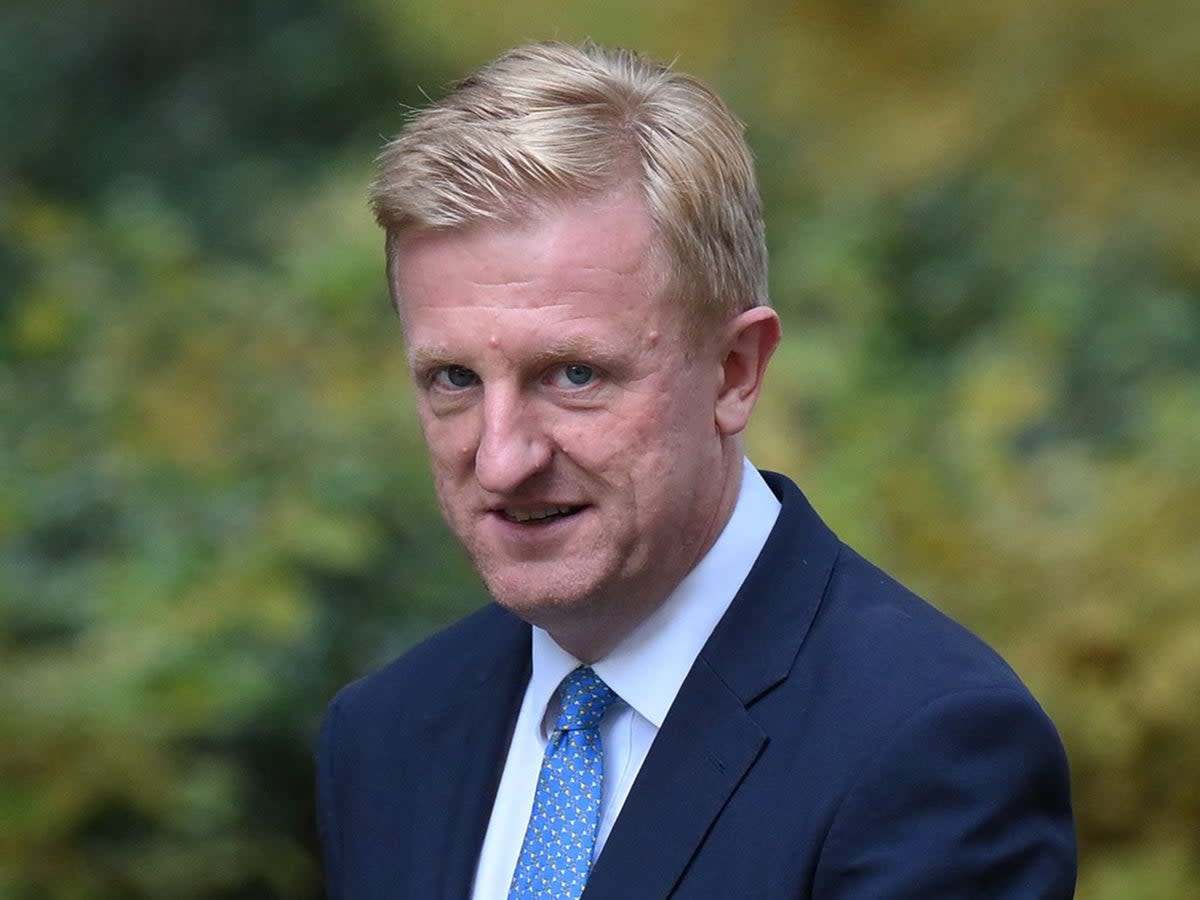Rape cover-up claims would once have brought down a government

The very fact that a serving British prime minister is in a place where he has had to tell people accusing one, or perhaps more, of his MPs of multiple rapes to go to the police tells us what a state we are in. Even a few years ago, it would seem outlandish. Now, like the infamous frog in a saucepan of water almost imperceptibly reaching boiling point, we are becoming inured to what’s usually termed “sleaze”.
That is surely too weak a word for what has been reportedly going on in the Conservative Party, and indeed in other parties, in recent times. It should hardly need saying that rape is a “very serious” accusation, as Rishi Sunak said, and ought always to be reported to the police. For unfortunate reasons that are well understood, however, victims of sexual assault and violence do not always do so – and if the offences take place in the context of a workplace, and one in which careers are at stake and powerful figures are involved, as in Westminster, their reluctance is all the greater.
Alongside all the familiar reasons why women choose not to press charges is the intense media interest that would inevitably be provoked when parliamentarians and their staff are involved. It is no surprise that victims so often feel betrayed by the party they served.
Too often, then, victims turn to the party machines for help and advice. The track record of them doing so to any great effect is poor because the institutional instinct to protect reputations and hush things up is usually so great. The Conservative Party is not alone in that habit but, as things stand, it is the party of government and it has been especially plagued by such scandals in recent years.
Imran Ahmad Khan, Julian Knight, David Warburton, Chris Pincher, Peter Bone and Crispin Blunt are all names that have featured in the headlines and been subjected to scrutiny over their behaviour. Though the cases and their seriousness vary widely, and in some cases are denied or unproved, the public has been left with the impression, however unfair, that the parliamentary Conservative Party is at best undisciplined and at worst prone to conduct that might once have brought the government down. It certainly makes the Profumo affair, for example, or the adventures of Cecil Parkinson and Jeffrey Archer, look rather quaint.
Justified or not, the allegations of at least one cover-up involving rape and an unnamed MP look to be credible, given that they were made direct to the police by a former party chair, Sir Jake Berry, and a former chief whip, Wendy Morton. They arise from a forthcoming book by Nadine Dorries but in this case, they do not appear fictional. An internal investigation by Downing Street was undertaken into how the party had dealt with this matter, and a letter was sent to detectives by Sir Jake and Ms Morton. As far as can be judged, it is still subject to police action.
The letter to the police – which was a brave act in the circumstances by the party figures – was sent soon after the fall of Liz Truss’s administration, and therefore begs some questions of a traditional kind. Who knew what and when? Did any of the prime ministers at the time know about the cases? What, if anything, did they do? What was the attitude of the various party chairs?
We know what Sir Jake, as party chair in the autumn of 2022, made of what he discovered but what about his successors, Nadhim Zahawi and the present incumbent Greg Hands? Sir Jake described to police a failure of some individuals to act, which in turn allowed the alleged perpetrator to “continue to offend”.
Where they held accountable, even privately? Will they be?
Oliver Dowden, who served in that post from September 2021 until his resignation in June 2022, has said that until he knows the name of the MP concerned he can make no comment, which feels unsatisfactory now that Sir Jake’s letter has been leaked. To be fair to Mr Dowden, he pleads that “I don’t recognise in any form the idea that we covered up. And I can assure you categorically that it was not the case that when I was chairman of the Conservative Party that I covered up any allegations.”
In due course, the truth will out, both about the case itself and the way the party has handled itself. Speculation can be dangerous, and injurious to facts. We should be cautious. It may be that party procedures were as fair to the victims as they were to the accused and that they, in any case, couldn’t be speeded up while a live police investigation was under way. That might also be true about the other cases that have been in the news in recent times.
Or it could be that a cover-up or many cover-ups were organised to keep things quiet and discourage victims from seeking the justice they deserved, and that those at the top at least acquiesced. If so, then the survival of the administration may well be jeopardised.

 Yahoo News
Yahoo News 
